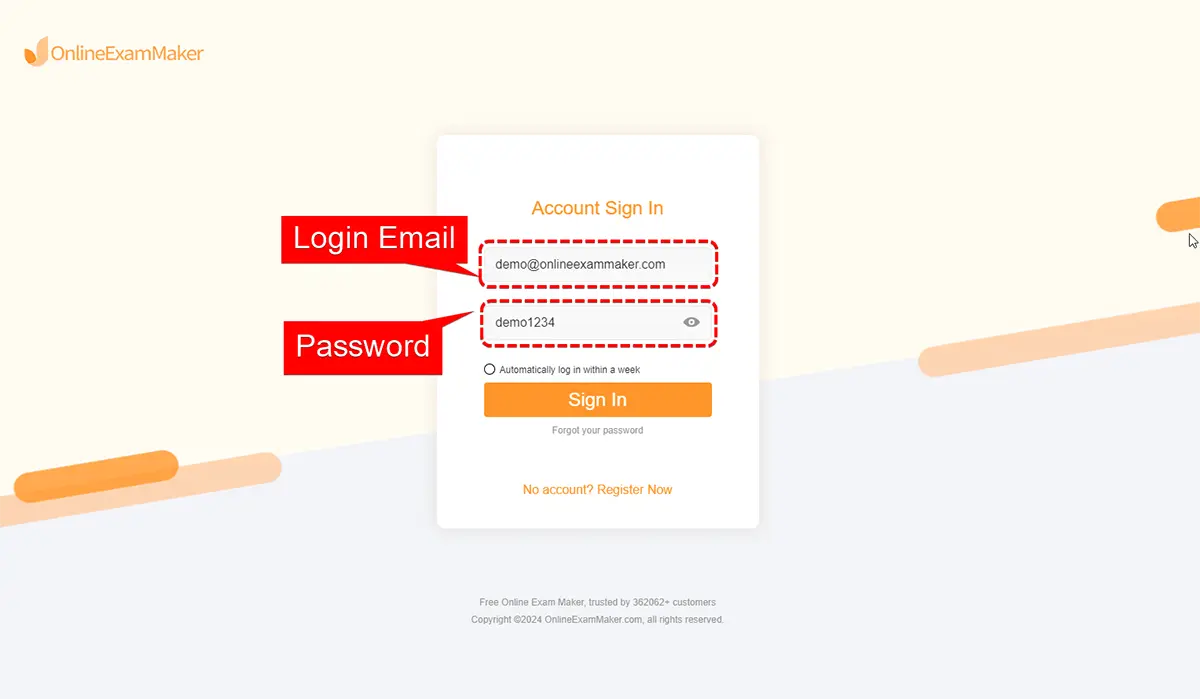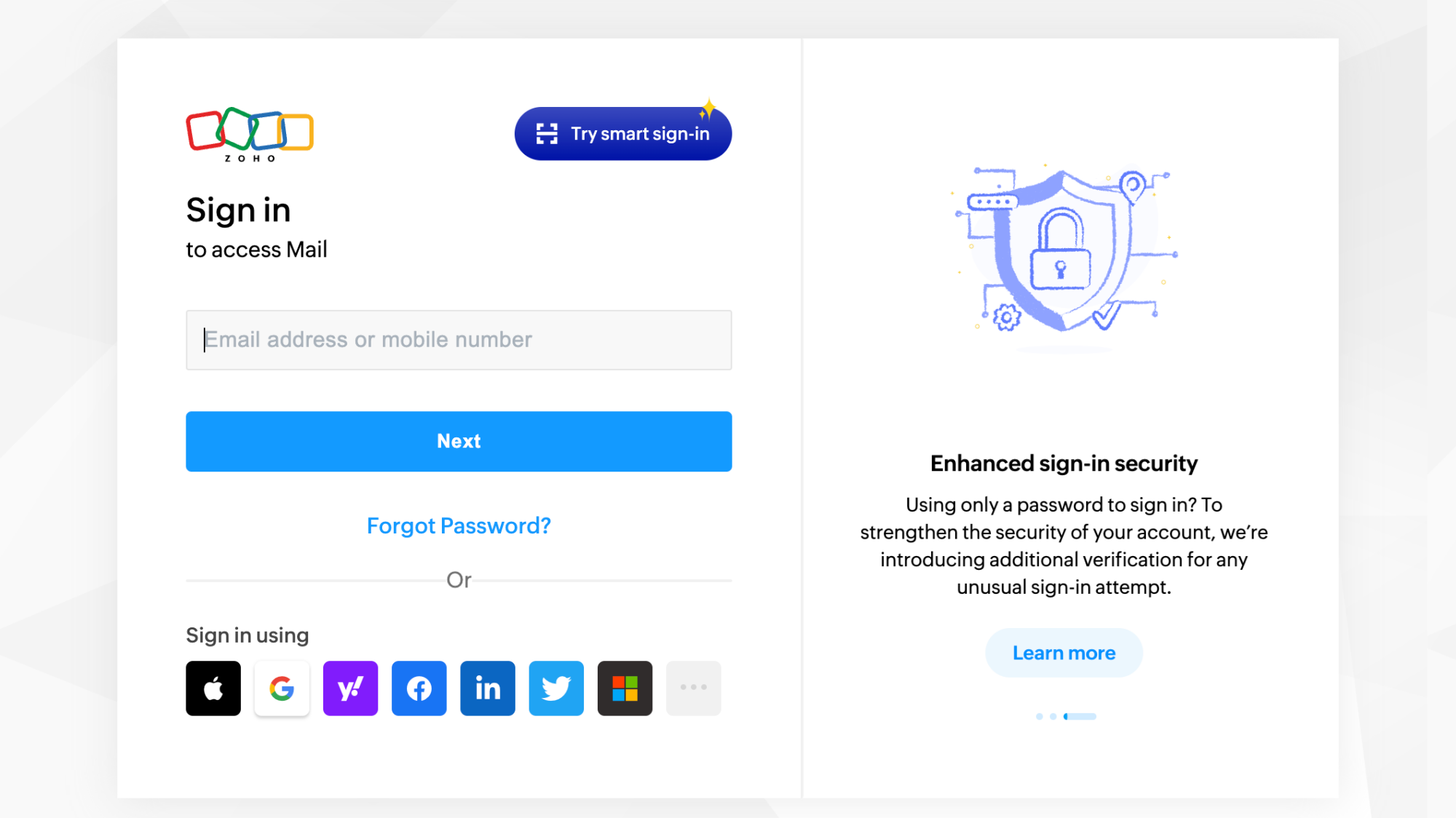How Secure Are Temp Emails? Understanding the Risks and Benefits
In today’s digital age, safeguarding online privacy is crucial. Many users turn to temporary email services—commonly known as temp emails—to shield their personal information. These services offer disposable email addresses that are valid for a short period, helping users avoid spam and maintain anonymity. But how secure are these temp emails compared to traditional email services? This article explores the security aspects of temp emails, weighing their advantages and limitations.
What Are Temp Emails?
Temp emails are temporary email addresses that allow users to receive emails without revealing their real email addresses. Typically valid for a few minutes to several days, these addresses are ideal for:
- Signing Up for Online Services: Register for websites without exposing your primary email address.
- Receiving Verification Codes: Use a temp email for verification codes without long-term commitment.
- Downloading Content: Access content such as e-books or whitepapers without cluttering your main inbox.
Security Features of Temp Emails
Anonymity and Privacy Temp emails offer significant anonymity. Most services don’t require personal information for registration, enabling users to create addresses without disclosing their identities. This anonymity helps mitigate risks from data breaches and spam.
Limited Data Retention Temp emails usually store received messages for a short duration, from a few minutes to a few days. This short retention period limits the exploitation window for malicious actors. Once the email address expires, all associated data is generally deleted, enhancing privacy further.
No IP Address Tracking Reputable temp email services, like Temp-Mail, often do not track users' IP addresses. This ensures that accessing your temp email from a public network doesn’t compromise your real identity.
Encryption and Security Protocols Some advanced temp email services offer encryption and other security protocols. For instance, services with multi-factor authentication (MFA) add an extra layer of protection, making unauthorized access more difficult even if a password is obtained.
Limitations and Risks of Temp Emails
Lack of Long-Term Storage While temp emails are excellent for short-term use, they are unsuitable for long-term communication. Important conversations or ongoing projects may be lost when the messages are eventually deleted.
Potential for Abuse The ease of creating temp emails anonymously means they can be misused for malicious purposes, such as spamming or fraud. Some websites may block temp email addresses to prevent abuse, reducing their effectiveness for certain registrations.
Security Vulnerabilities Although many temp email services emphasize security, they are not immune to risks. If a temp email service is compromised, all associated addresses and messages could be exposed. Users should opt for reputable services with robust security measures to mitigate this risk.
Limited Features Temp email services generally lack advanced features found in traditional email providers, such as calendars, contact management, and productivity tool integration. This makes them less suitable for users who need a comprehensive email solution.
Comparing Temp Emails to Traditional Email Services
| Feature | Temp Emails | Traditional Email Services |
|---|---|---|
| Longevity | Short-lived (minutes to days) | Permanent (indefinite use) |
| Privacy | High anonymity, minimal personal info | Varies; often requires personal info |
| Data Retention | Limited; emails deleted after a short time | Long-term storage; emails retained indefinitely |
| Security Features | Basic security; some offer encryption | Advanced security features (MFA, encryption) |
| Usability | Simple, easy to set up | More complex, but feature-rich |
| Integration | Standalone service | Integrates with other productivity tools |
When to Use Temp Emails
Temp emails are particularly useful for:
- Online Registrations: Avoid spam when signing up for websites or services.
- Testing Services: Try out new platforms or applications without committing your primary email address.
- Accessing Gated Content: Download resources like e-books or whitepapers without cluttering your main inbox.
- Participating in Forums: Engage in discussions while maintaining privacy.
Conclusion
Temp emails offer a convenient and secure way to manage online communications while protecting your privacy. They are especially useful for short-term needs, such as signing up for services or accessing content without exposing your primary email address. However, users should be aware of the limitations and potential risks, including the lack of long-term storage and the potential for abuse. With appropriate use and a reputable service, temp emails can enhance online security and reduce spam. Ultimately, the choice between temp emails and traditional email services depends on your specific needs and how you prioritize privacy, security, and functionality.
Meta Description: Discover how secure temp emails are, their benefits, limitations, and when to use them for protecting your privacy online. Understand the security features and potential risks involved.




